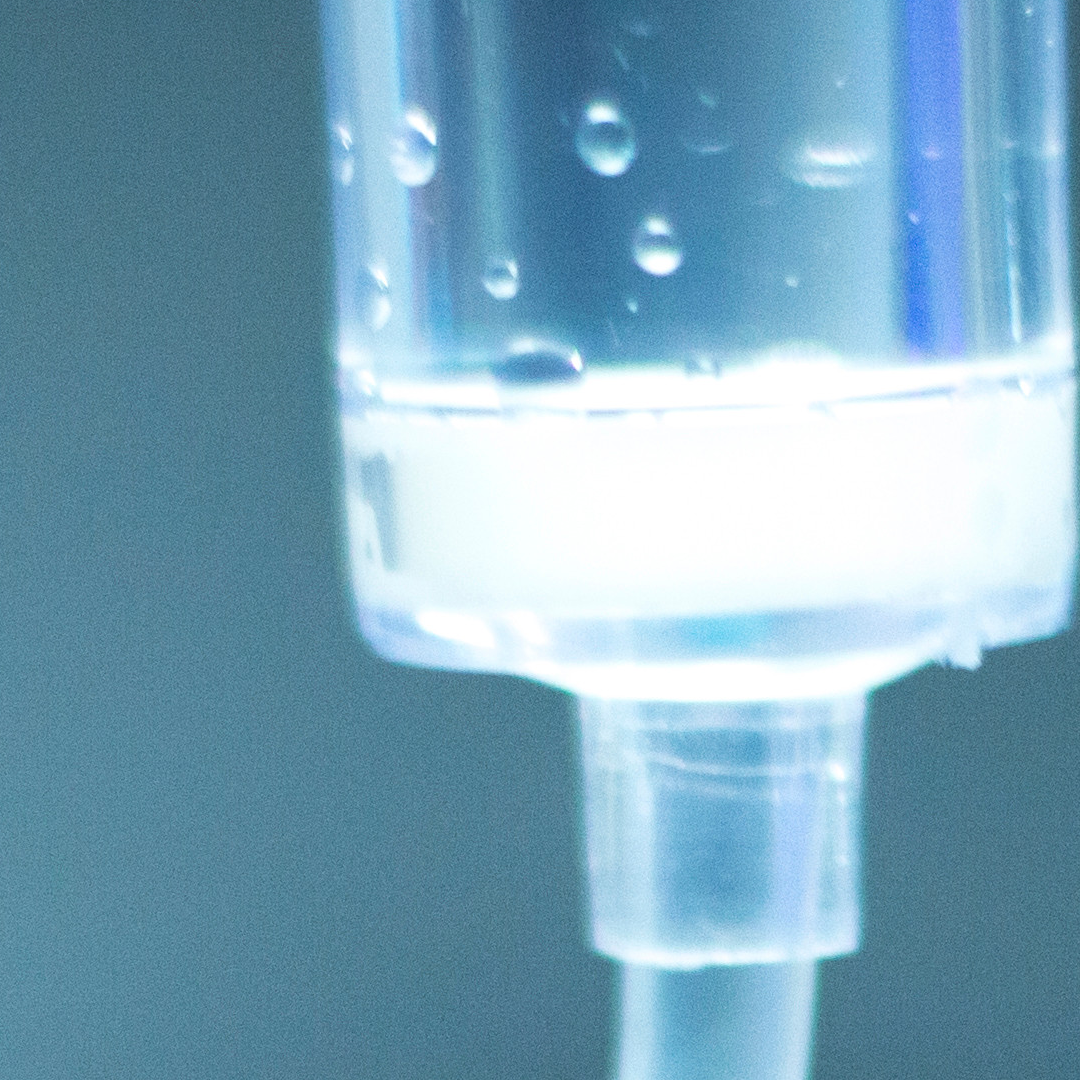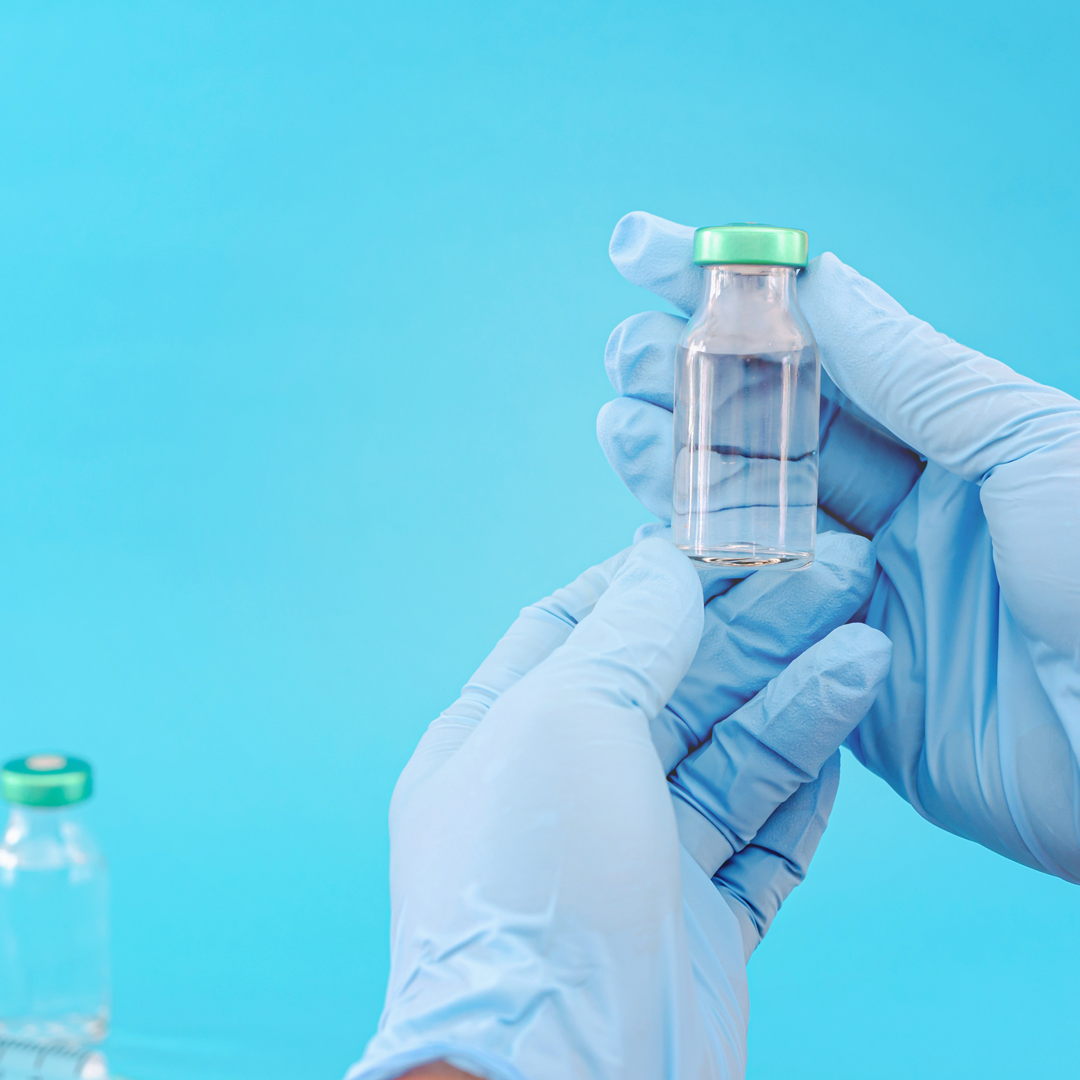Mobile IV therapy is just as good for hangovers in most cases using the Myers cocktail mix.
Continue readingWhats The Best IV Therapy for a Hangover?
Mobile IV therapy is just as good for hangovers in most cases using the Myers cocktail mix.
Continue reading3 Benefits of Mobile IV Vitamin Infusion Therapy
Mobile IV therapy is just as good as in-clinic IV Therapy, provided that it is administered by a qualified and experienced…
Continue readingMobile IV Infusion Therapy the Same Quality as In Clinic?
Mobile IV therapy is just as good as in-clinic IV Therapy, provided that it is administered by a qualified and experienced…
Continue readingAbout IV Hydration Therapy in Dallas
IV Hydration Therapy
IV hydration therapy is a medical procedure that delivers fluids and nutrients directly into the bloodstream through a vein. It is used to treat dehydration, which can be caused by a variety of factors, including vomiting, diarrhea, fever, and excessive sweating. IV hydration therapy can also be used to deliver medications, such as antibiotics or pain relievers.
There are two main types of IV hydration therapy in Dallas:
- Isotonic: This type of solution has the same concentration of salts and other electrolytes as blood plasma. It is the most common type of IV hydration therapy and is used to treat mild to moderate dehydration.
- Hypertonic: This type of solution has a higher concentration of salts and other electrolytes than blood plasma. It is used to treat severe dehydration or to help flush out toxins from the body.
IV hydration therapy is usually a safe and effective procedure. However, there are some risks associated with it, such as infection, blood clots, and allergic reactions.
The benefits of IV hydration therapy include:
- It is a fast and effective way to rehydrate the body.
- It can be used to deliver medications and nutrients that are difficult to take orally.
- It can be used to treat a variety of medical conditions, including dehydration, hangovers, and the flu.
The risks of IV hydration therapy include:
- Infection: The IV site can become infected, which can lead to sepsis.
- Blood clots: The IV can cause blood clots to form, which can travel to the lungs or other organs.
- Allergic reaction: The patient may have an allergic reaction to the IV fluids or medications.
If you are considering IV hydration therapy, talk to your doctor about the risks and benefits. They can help you decide if it is the right treatment for you.
Who Can Administer IV Infusion Therapy in Texas?
Who Can Administer Mobile IV Infusion Therapy in Texas?
In Texas, the following healthcare professionals can administer IV infusion therapy:
- Nurse practitioners: Nurse practitioners (NPs) are licensed to practice medicine and can prescribe medications and perform procedures, including IV infusion therapy.
- Physician assistants: Physician assistants (PAs) are also licensed to practice medicine and can prescribe medications and perform procedures, including IV infusion therapy.
- Registered nurses: Registered nurses (RNs) can administer IV infusion therapy under the supervision of a physician, NP, or PA.
- Advanced practice registered nurses: Advanced practice registered nurses (APRNs) are RNs with additional training and education. They can prescribe medications and perform procedures, including IV infusion therapy, without the supervision of a physician.
- Pharmacists: Pharmacists can administer IV infusion therapy under the standing orders of a physician.
The specific requirements for who can administer IV infusion therapy in Texas may vary depending on the setting. For example, in a hospital setting, only nurses and APRNs may be allowed to administer IV infusion therapy. In a clinic setting, NPs and PAs may also be allowed to administer IV infusion therapy.
It is important to note that not all healthcare professionals who are allowed to administer IV infusion therapy are equally qualified. Some healthcare professionals, such as NPs and PAs, have more training and experience in administering IV infusion therapy than others. It is important to choose a healthcare professional who is qualified and experienced in administering IV infusion therapy.
If you are considering having IV infusion therapy, it is important to talk to your doctor or other healthcare provider about who will be administering the therapy and what their qualifications are. You should also ask about the risks and benefits of IV infusion therapy.
Why Is the Myers Cocktail Effective for Hangovers
The Myers cocktail is a combination of vitamins, minerals, and electrolytes that is given intravenously. It is often used to treat hangovers, as it can help to relieve the symptoms of dehydration, fatigue, and headache.
The specific ingredients of the Myers cocktail vary, but it typically contains the following:
- Vitamin B12
- Vitamin B6
- Vitamin C
- Magnesium
- Glutathione
- Calcium
- Sodium
- Potassium
These ingredients can help to:
- Rehydrate the body
- Boost energy levels
- Reduce inflammation
- Protect the liver
- Improve the function of the immune system
There is some scientific evidence to support the use of the Myers cocktail for hangovers. For example, a study published in the journal Alcoholism: Clinical and Experimental Research found that the Myers cocktail was effective in reducing the severity of hangover symptoms.
However, more research is needed to confirm these findings and to determine the optimal dose and frequency of treatment.
It is important to note that the Myers cocktail is not a cure for hangovers. It can help to relieve the symptoms, but it will not prevent you from getting a hangover in the future.
If you are considering getting a Myers cocktail for a hangover, it is important to talk to your doctor first. They can help you determine if the treatment is right for you and can advise you on the risks and side effects.
Here are some other things you can do to prevent or relieve a hangover:
- Drink plenty of water before, during, and after drinking alcohol.
- Eat before you start drinking.
- Avoid sugary drinks.
- Don’t mix different types of alcohol.
- Take a break from drinking every few hours.
- Get plenty of sleep.
- Eat a healthy breakfast the next day.




